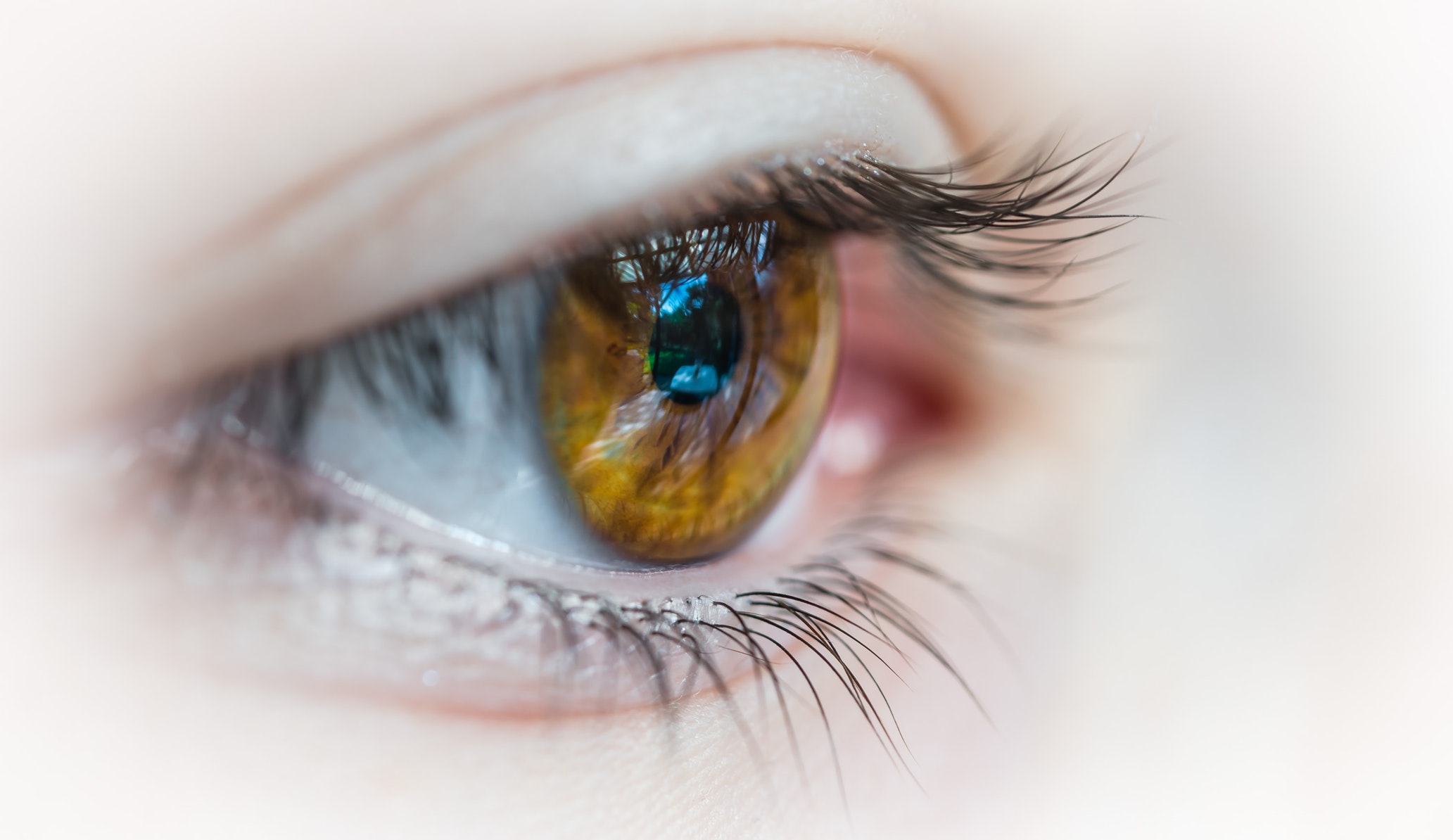Many people who get itchy or irritated eyes don’t realize that it may be the beginning of something much more serious. It may be more than a little smoke or dust in your eyes or not enough sleep. Unfortunately by the time may people get their eyes checked they may already be in the early stage of blepharitis. Blepharitis if left untreated, can get progressively worse and seriously affect your quality of life.
What’s blepharitis?
In simple terms, it is inflammation on the edges of the eyelids. Yet it isn’t a simple problem.
Blepharitis is a common eye disorder in the United States and throughout the world. Based on Lemp et al’s estimate that 86% of all patients with dry eyes have concomitant blepharitis, more than 25 million Americans suffer from blepharitis.
In the beginning, it can easily be dismissed as not getting enough sleep, or too much screen time at the computer. However as it develops you may find your eyes are a little crusty or sticky in the morning. Your eyelids may become flaky and your eyelashes may start to drop out. As it progresses it can quickly become unsightly and the discomfort and tearing can affect many activities requiring any concentrated use of your eyes.
There are several types of blepharitis some merely causing itching and flaking skin on the eyelids and eyelashes (anterior blepharitis). This flakiness if left untreated can become a chronic condition and may cause a more serious disorder called Meibomian Gland Disease (MGD) which in turn can result in permanent damage to the glands that lubricate your eyes causing Dry Eye syndrome as well. Because blepharitis often becomes a chronic condition many doctors have said that there is no cure. However there are now remedies and treatments available that may cure the problem or at least have you free of the nasty symptoms.
What are the causes of blepharitis?
There is not one specific cause or type of blepharitis. That’s why doctors find it hard to prescribe a specific treatment for this condition. There is also argument about whether some aspects of the more advanced forms of this condition are a cause or a symptom.
Here are some potential causes of blepharitis:
- Excessive growth of skin bacteria and/or demodex mites.
Demodex mites are normally present on our bodies and face in small numbers.
However if they multiply too rapidly in our eyelash follicles this can cause a number of problems.
- The glands designed to lubricate your eyes can become blocked or damaged.
The debris from flaking skin and demodex or other environmental conditions can block the meibomian glands. This causes inflammation and pain and possible permanent damage. - Blepharitis may initially be triggered by allergies or other environmental exposures or even general health issues.
- In some cases a nutritional or hormonal imbalance may have initiated the problem.
Unfortunately once started it can become self-sustaining if glands are permanently damaged.
How can you treat or better still, avoid developing blepharitis?
If you have already developed some of the symptoms of blepharitis your starting point may be a trip to an eye doctor. The doctor will examine your eyelids and lashes to determine if there is any blockage of malfunction of the glands, and also test for demodex mites or bacterial causes.
Below are some of the actions that may be recommended.
- Prevention is always better than cure but either way, getting in the habit of cleaning your eyelids, eyelashes and the surrounding areas daily is essential for both prevention and as part any treatment program aimed at curing the condition.
There are commercial products available specifically designed to eliminate or protect against a number of the common causes of blepharitis.
- Good overall nutrition and some nutritional supplements have also been helpful in restoring general eye health as well as the health of the glands and skin surrounding the eyes. Oily fish such as salmon and supplements of Omega-3 fatty acids from either fish or plant sources are good.
- Avoid using out of date or other people’s makeup is very important in helping to prevent blepharitis. Removing all eye makeup daily as part of your cleansing routine mentioned above is also instrumental in maintaining or regaining good eye health.
- There are treatments available for unblocking blocked meibomian glands. Warm compresses and eyelid massage can also be very helpful in overcoming blepharitis and restoring the health of your eyes.
For more information on the symptoms, causes & available treatments for blepharitis go to: https://www.Blepharitiscure.com
Raoul Boielle
Recent Posts
- Castor Oil For Better Hair Growth: Is It Myth Or Fact?
- Exploring the Differences Between Sermorelin, Ipamorelin, Ibutamoren, GHRP2, and GHRP6: Understanding Their Role in Human Growth Hormone Regulation
- Unraveling the Mystery: Understanding the Causes and Prognosis of Ventricular Tachycardia Without Apparent Heart Disease
- Understanding Grandparents’ Rights in Oklahoma: Navigating Visitation and Legal Protections
- 10 Reasons to Consider Hypnotherapy for Your Health

